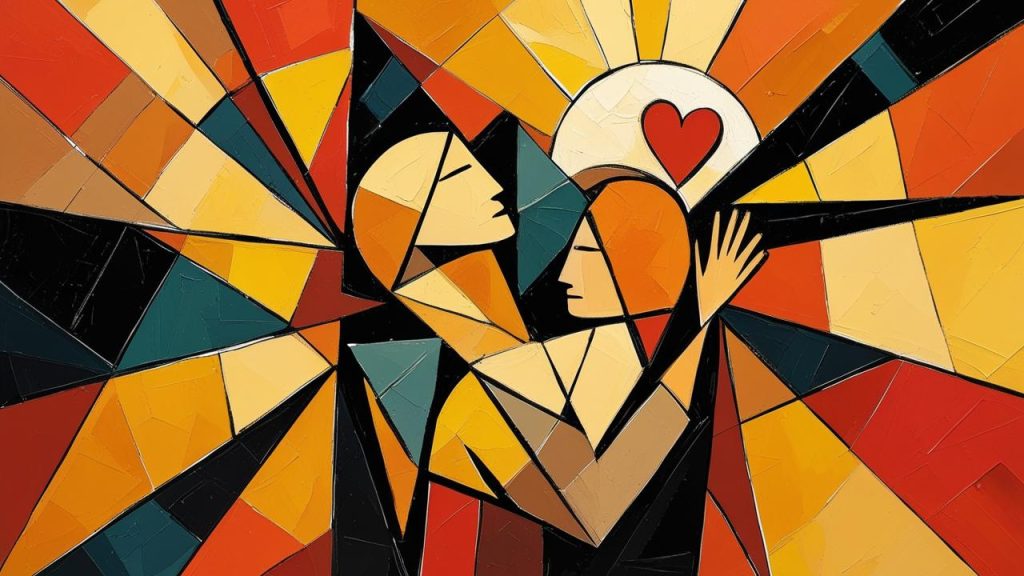Reading time: 4 minutes.

Hi Friend,
This is a tender topic, but one that matters deeply: inherent worth.
I bring it up because it’s something I had to learn on my own in the middle of deconstructing and reconstructing my faith.
Inherent worth is the intrinsic value every person possesses simply by being human. You have worth—not because of your accomplishments, personality, church calling, number of friends, social media following, or anything else that we or society might use to measure value. You are worthy simply because you exist.
It’s a truth that sounds simple, but it’s often buried beneath layers of messaging that suggest otherwise—especially in faith communities, where “worthiness” is frequently emphasized.
Worth and worthiness are not the same. The former just is. The second is a judgement. But we too often tie them together.
Tamara Runia addressed this distinction beautifully in a recent General Conference:
“Your worth isn’t tied to obedience. Your worth is constant; it never changes. It was given to you by God, and there’s nothing you or anyone else can do to change it. Obedience brings blessings; that is true. But worth isn’t one of them. Your worth is always ‘great in the sight of God.’”
I love how plainly she says it: We have worth simply because we are.
Not enough of us hear that. And not enough of our religious language reinforces it.
Too often, we hear:
- That we are fallen, unworthy, even less than the dust of the earth.
- That we are only truly valuable in what we will become someday—“gods in embryo.”
- Our blessings today are conditional and our value as gods in embryo are based on obedience.
Messages like these erode a person’s self-worth. And when repeated, they plant in us a message that we’re never quite enough.
Years ago, while teaching Gospel Doctrine during my faith transition, I found a scripture that landed in my heart and never left. It’s from 1 John 4:
Beloved, let us love one another: for love is of God; and every one that loveth is born of God, and knoweth God…
Herein is love, not that we loved God, but that he loved us…
There is no fear in love; but perfect love casteth out fear…
We love him, because he first loved us.
That last line stunned me the first time I really saw it: “We love him, because he first loved us.”
God’s love precedes everything. It’s not earned. It’s not transactional. It’s foundational.
The Christian mystic Julian of Norwich wrote in the 14th century, “God loved us before he made us; and his love has never diminished and never shall.”
That feels whole and comforting to me. And it makes me believe that God is whole, too—not a God of shame or conditions, but of pure, unconditional love.
LDS author Fiona Givens put it so well, “God’s love for you is absolute and doesn’t change, never changes. He will greet you with the absolute love that you were sent with when you came on your mission to earth.”
Can you imagine that kind of love? The kind that greets you like a parent watching their child leave for a long journey—tearful, hopeful, and full of pride just because you’re you?
That kind of love is the opposite of shame. It is the antidote to perfectionism. And it is the grounding truth behind every resilient person I’ve known–just a confidence that you are unconditionally loved by the divine.
Believing in your inherent worth changes how you navigate hard times. It quiets the voice of shame. It steadies the anxiety that comes from trying to “be enough.” And it helps you extend grace to yourself and others, because love is no longer conditional.
Ignore it when you are told that God loves you more when you do X or Y.
God already loves you. Period.
And we are already worthy of that love.
In Moroni 7:46, we read about faith, hope, and charity. The chapter ends with an invitation to “cleave unto charity, which is the greatest of all.” That kind of charity—the pure love of Christ—is not a reward for performance. It is a gift given freely, and it remains no matter what we face.
It says in that scripture that in the last day when we see God, we shall see Him as He is. I trust that we are going to see a loving God, filled with charity for us.
So, feel your worth, my friend. God’s love is boundless. It is unconditional. And it was yours all along.
With warmth,
Your Friend
